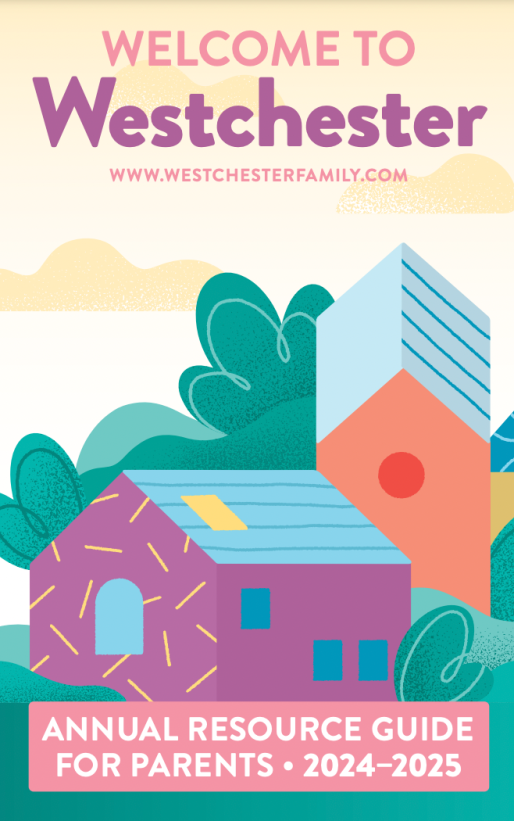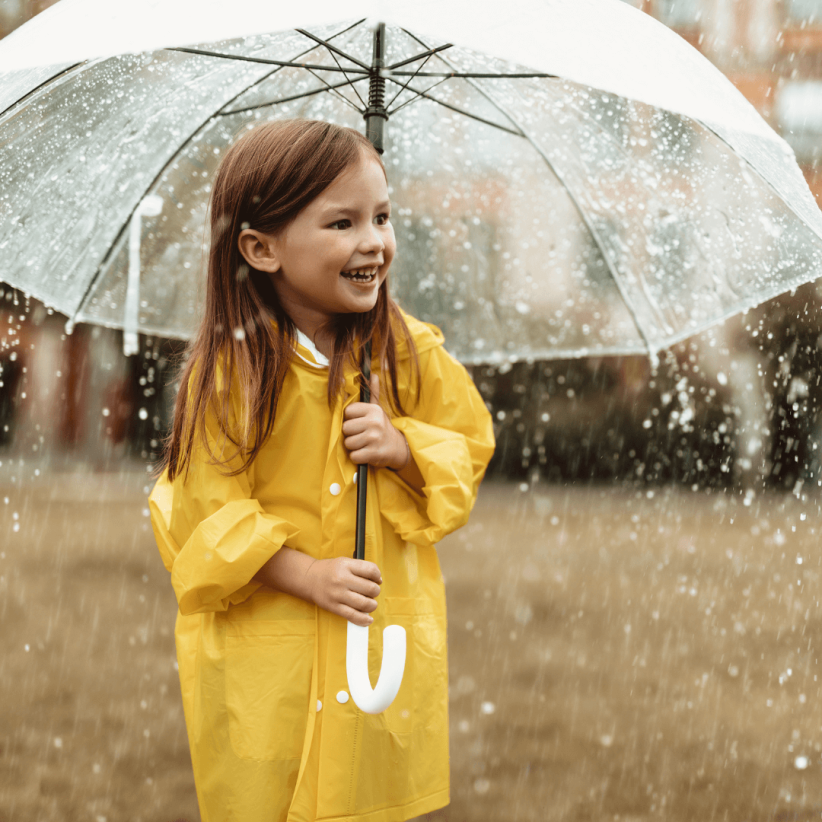Progressive parents who wish to give their children a global education are bucking the conventional public school route and enrolling their kids in schools that offer a bilingual education.
“Parents who want their children to be diverse and independent thinkers, who are open to the world, choose bilingual education for their children,” says Simone Bruemmer, Ph.D., Head of Lower School at the German International School in White Plains. “Cultivating global citizens is part of this type of education. The ability to navigate multiple cultures and languages is an advantage for later in life,” she says.
What is Bilingual Education?
“Students who receive a bilingual education are taught subject matters in two languages,” says Marine Heraud, Director of Admissions at the French-American School of New York (FASNY). Topics such as reading, writing, math, science, literature and social studies are taught to students in English and French by native speakers of each language at the school. “A true bilingual teaching model goes beyond the mastery of two languages,” says Heraud. “It is based on the acquisition of two cultures, of two thought systems, and of two ways to express one’s ideas,” she says.
“Starting in pre-K, our students ‘live’ both the German and English language through coursework, projects, exchange programs and their friendships,” agrees Bruemmer. “They move seamlessly between both languages with great ease,” she says.
Who Attends?
According to Bernard Mithieux, coordinator of the Ardsley campus at the Lyceum Kennedy French American School, approximately 60 percent of the school’s students come from homes that speak dual languages. “It is always easier if the child is already in a bilingual environment at home, but it is not a requirement. We have some parents who have chosen a bilingual education for their children simply because they like the French language and culture and want their children to learn two languages,” says Mithieux. As with FASNY, students who attend Lyceum Kennedy at the Ardsley site are taught curriculum in both English and French beginning from preschool up to 5th grade. Middle and high school age pupils continue their bilingual education at the school’s Manhattan campus.
Because Larchmont resident Julien Furioli is of French background, he and his wife Jennifer decided to pursue a bilingual education for their three children. With both French and English spoken in the home, the Furioli children currently attend Lyceum Kennedy. “We wanted our children to pursue a bilingual and bicultural education so that they could have a personal connection to their French heritage,” says Jennifer.
Unlike the Furiolis, who have a direct connection to France, Mt. Vernon residents Shari and Craig Bierly took an interest in a bilingual education for their daughter because of Shari’s appreciation for the French language and culture. “We thought it would be a wonderful opportunity for Alayna to learn the language beginning at a very young age,” says Shari. The Bierlys enrolled Alayna in the French-American School of New York’s preschool program. Initially, they did not plan on Alayna continuing at FASNY, however, the couple changed their minds after seeing how well their daughter was taking to a dual language program. “After seeing her thrive educationally in a short period of time, a bilingual education became more important to us and therefore, we continued to enroll Alayna in FASNY’S program,” says Shari. As English-only speaking parents, the Bierlys note the importance of support they received from the school. “Ask about a school’s inclusivity of American families with non-American families, and appropriate resources for families should they need translations during such things as school open houses, parent/teacher conferences, etc.,” says Shari.
Start Young
Schools such as Little Language League in Rye and Mandarin Discovery Preschool in White Plains cater specifically to preschool age children. Little Language League currently offers programs in Spanish, French, Italian and Mandarin Chinese. “Our preschoolers are immersed in the target language through role play, songs, games, famous artists, movement and theater arts,” says Lyvia Sage, Director at the Little Language League. “Our program increases cultural awareness while providing a unique setting for ‘jump-starting’ English acquisition and second language immersion,” she says.
There is a resounding agreement by educators that it is best to introduce a child to a dual language program during the preschool years. “Virtually all science on the matter points to the fact that ‘the younger the better’ is truly the best practice in language acquisition for children,” says Sage. “Children starting at the preschool level have significant advantage over children starting later than this,” she says.
FASNY, Lyceum Kennedy and the German International School all have preschool programs as well. It seems that today’s forward thinking parents are becoming more interested in providing their young ones with a dual language preschool education. “Since we opened our bilingual pre-K in September of 2014, our school is steadily attracting more non-native German speaking students,” says Bruemmer. “For the 2016-17 school year about 44 percent of our students in lower school (pre-K through 4th grade) were non-native German speakers,” she says.
Advantages
While there are many advantages to enrolling your child in a bilingual program there are a few drawbacks. Parents expressed that potential students and their families should be aware of the increased homework load due to the dual curriculum and the possibility of having to say goodbye to friends who relocate to another country. By and large, they agreed that these issues seemed small in contrast to the benefits.
Graduates of bilingual programs have the advantage of earning an international degree, which opens the doors for students who may wish to pursue college abroad. Students earn a high school degree from New York as well as a diploma from the country of the second language curriculum they are studying. For example, graduates of the German International School New York earn a New York State High School Diploma and the German International Abitur, which is a high school degree from Germany.
“I love that Lyceum Kennedy meets the academic standards of both France and the United States and allows our children to experience two school systems. My children have the benefit of learning both educational systems, which broadens the way they can problem solve and understand concepts,” says Jennifer Furioli.
Educators of dual language programs tout that bilingual students have increased memory, are better thinkers, problem-solvers, have greater focus, score higher on tests and have more empathy toward others. “Bilingual children excel academically and can more easily navigate multiple cultures,” says Bruemmer.
Academics aside, a bilingual education opens doors both professionally and socially. “Everyone at Lyceum Kennedy comes from somewhere else and so we all bring a unique mindset, an extremely welcoming attitude to newcomers, and openness to new cultures, traditions and friendships,” says Jennifer.
Fellow parent Shari Bierly agrees. “Not only is my daughter Alayna now bilingual in English and French, she has also been taking Spanish for five years and is learning it more easily as a result of her bilingualism,” says Shari. “Being bilingual or multilingual will now enable her to more easily be a global citizen, interacting with and eventually working alongside people from around the world. Additionally, she has made lifelong friendships with people from all over. These relationships have proven to be so important to her understanding of having compassion for the complex world we are living in right now,” she says.
Rachael Sanderson Benz is a Westchester-based freelance writer.
Dual Language Schools for Your Consideration
French-American School of New York (FASNY)
Marine Heraud, Director of Admissions
320 E. Boston Post Road
Mamaroneck, NY 10543
914-250-0401
Elementary, Middle and High School Campuses located in Larchmont and Mamaroneck
German International School New York
50 Partridge Road
White Plains, NY 10605
914-948-6513
Keio Academy of New York
3 College Road
Purchase, NY 10577
914-694-4825
Lyceum Kennedy French American School
1 Cross Road
Ardsley, NY 10502
914-479-0722
Lyceum Kennedy Japanese School
225 E. 43rd Street
New York, NY 10017
212-681-7929
Dual Language
Preschools
French-American School (FASNY)
Marine Heraud, Director of Admissions
85 Palmer Avenue
Scarsdale, NY 10583
914-250-0401
German International School New York
50 Partridge Road
White Plains, NY 10605
914-948-6513
Little Language League
Lyvia Sage, Director
22 Purdy Avenue
Rye, NY 10580
914-921-9075
LinguaKids
2005 Plamer Avenue
Larchmont, NY 10538
914-525-0328
Mandarin Discovery Preschool
Shanshan Li, Owner
515 North Street (YWCA)
White Plains, NY 10605
914-351-6788





